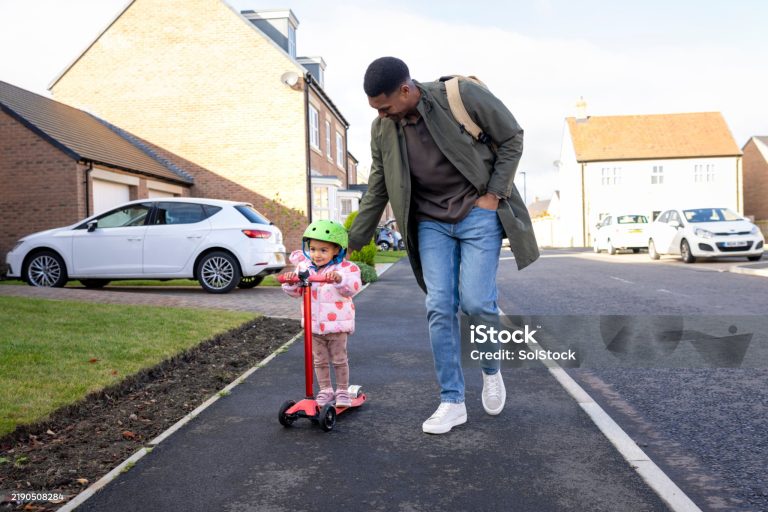
There was a time when being informed meant reading the morning paper, watching the evening news, and chatting with a neighbor about what was happening in the world. Today, that sounds almost quaint.
Now, being informed feels like a full-time job. News breaks by the minute, not the day. Headlines ping our phones. Videos auto-play. Algorithms guess what we should care about—and usually assume it’s everything, all at once.
We wake up and scroll. We absorb conflict, disaster, outrage, and opinion before we’ve had coffee. We feel the need to know, but also the dread that comes with knowing too much, too fast, too often.
So why does staying “informed” feel so heavy these days? And what do we do about it?
The Information Avalanche
Let’s start with the obvious: there is simply more content than ever before. More platforms, more creators, more newsrooms, more noise.
What used to be a few trusted sources has become a never-ending stream. Tweets, posts, threads, articles, podcasts, newsletters, breaking news alerts—it’s constant. And not just from professional journalists, but from anyone with a phone and an opinion.
This sheer volume doesn’t just give us access to more information. It gives us access to more emotional weight—more crises, more suffering, more injustice, more outrage.
And our brains are not built for this.

The Collapse of Context
One reason it all feels so overwhelming is that it comes to us without structure. On social media, stories from different corners of the globe appear side by side with personal updates, memes, ads, and hot takes. A war headline sits next to a friend’s brunch photo. A natural disaster sandwiched between jokes and shopping links.
There’s no hierarchy. No natural pause. No time to digest. Everything arrives with the same urgency—and no context. The result? Emotional whiplash.
We’re left unsure of what deserves our attention, what’s real, and what we’re supposed to do about it.
The Pressure to Care About Everything
Another hidden weight: the moral pressure. If you’re online, it can feel like you’re expected to keep up with everything—every conflict, every injustice, every election, every scientific breakthrough.
There’s an unspoken message that not knowing something is a kind of failure. That if you care, you’ll stay informed—and if you’re not staying informed, maybe you don’t care enough.
This makes “being informed” less about understanding and more about keeping up. It becomes a performance of awareness rather than a meaningful relationship with the world.
Constant Input, Little Processing
We tend to think of information as something we simply consume. But real understanding requires time. Reflection. Silence. Space.
We used to read a news story and then talk about it over dinner. Now we read ten headlines while walking to the kitchen and forget most of them before the water boils.
The issue isn’t just volume, but velocity. The churn is relentless. Today’s top story is buried by tomorrow morning. Outrage fades quickly, replaced by something new and equally urgent.
We rarely sit with a topic long enough to form our own thoughts. Instead, we skim, react, and move on.
Information vs. Wisdom
Here’s the hard truth: being constantly informed does not necessarily make us wiser. In fact, it often makes us more anxious, distracted, and fatigued.
There’s a difference between being aware and being consumed. The former helps us engage thoughtfully with the world. The latter leaves us depleted, numbed by repetition and noise.
Being informed in this climate often means being bombarded. And over time, it leads to one of two reactions:
- Compassion fatigue – where we care, but we’ve hit an emotional ceiling and feel helpless to act.
- Cynicism – where we stop believing anything can really change and start tuning out altogether.
Neither is healthy. Both are understandable.

What Can We Do About It?
If you feel like you can’t keep up, you’re not alone—and you’re not doing it wrong. The system wasn’t designed to help you feel balanced. It was designed to keep you engaged.
But you can choose how you engage.
Here are some ways to carry less while still caring:
1. Set boundaries around news intake.
Decide when and how you consume the news. Maybe once in the morning, once at night. Not right before bed. Not during breaks meant for rest.
2. Choose a few reliable sources.
You don’t need to read everything. Choose a few outlets you trust and stick with them. Depth beats breadth.
3. Focus on topics that matter most to you.
You can’t care about everything equally. Pick a few issues you feel strongly about and follow those more closely. Let go of the guilt around the rest.
4. Take breaks.
The world will still be there when you return. A break from the noise isn’t a betrayal of your values—it’s how you stay sane enough to live them.
5. Have real conversations.
Talk to people about what you’re seeing and feeling. Not just online, but in real life. Processing information out loud makes it stick and keeps it human.
You’re Allowed to Step Back
Being informed shouldn’t feel like drowning. But right now, for many people, it does. It’s okay to admit that. And it’s okay to do something about it.
Knowing when to step back is a form of wisdom. It means understanding that attention is finite. That empathy needs rest. That thoughtful engagement sometimes means stepping out of the current so you can come back with clarity.
You don’t have to carry the entire world in your feed.
Some of the most thoughtful, compassionate people you’ll meet are the ones who know how to unplug—who step away from the noise, then return with something deeper than a headline.
They return with perspective.
And maybe that’s the kind of “informed” we need most right now.



